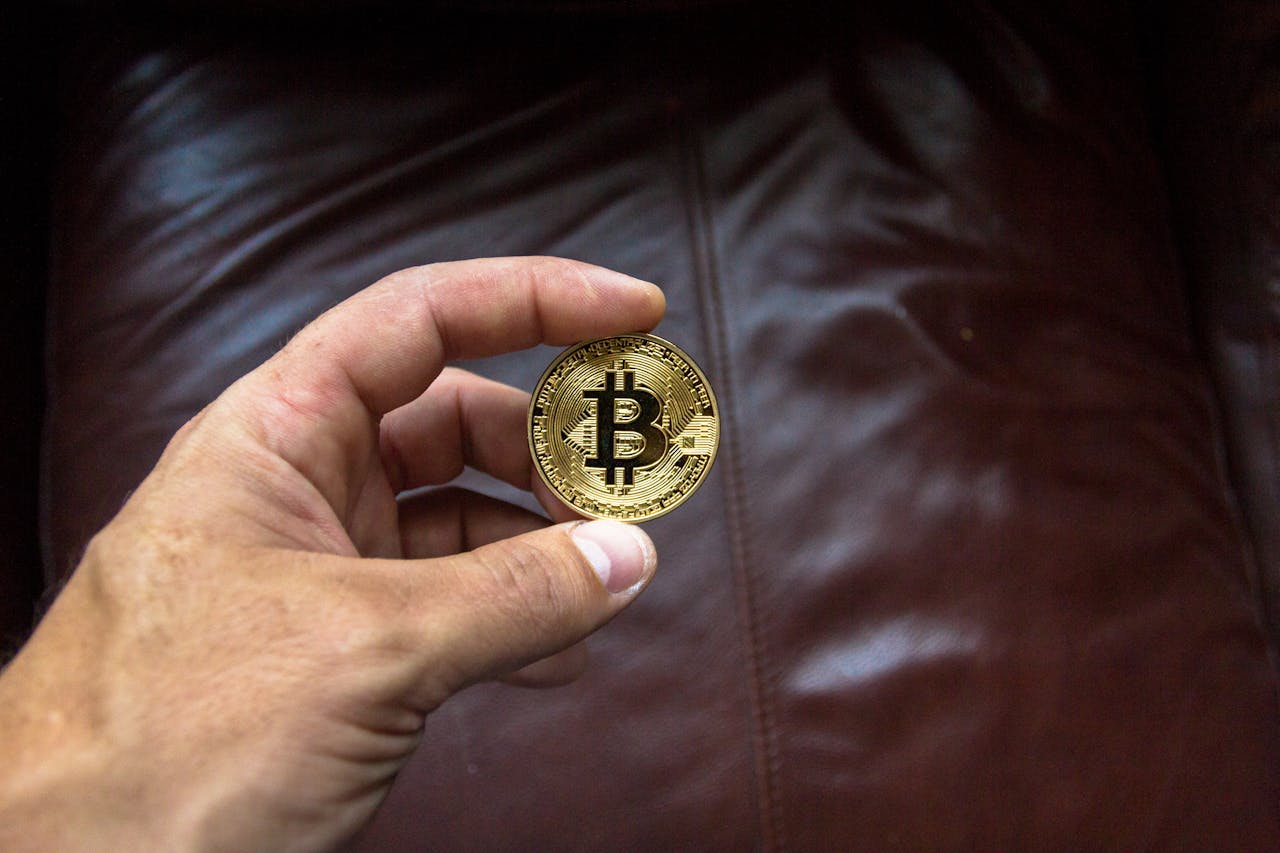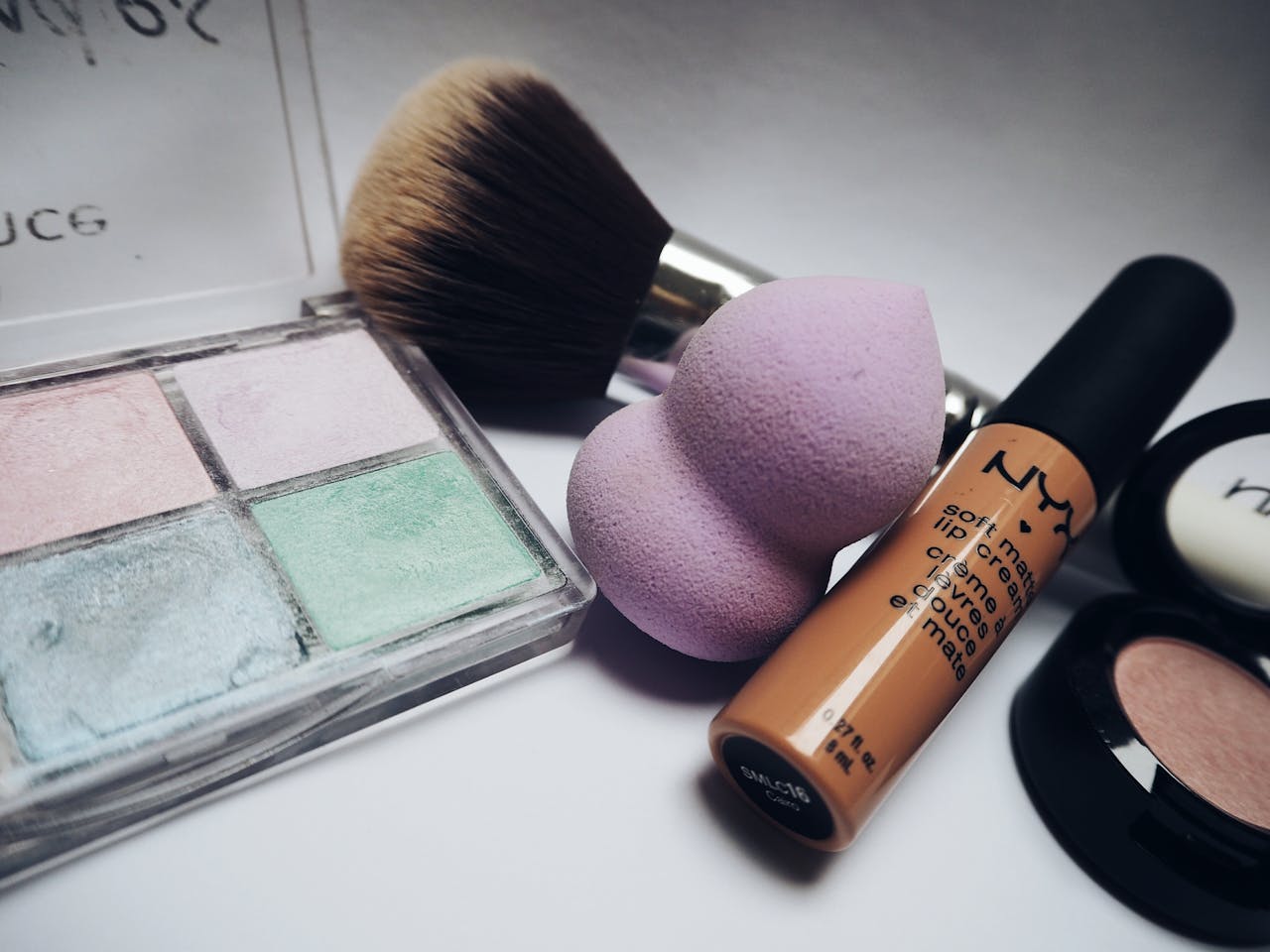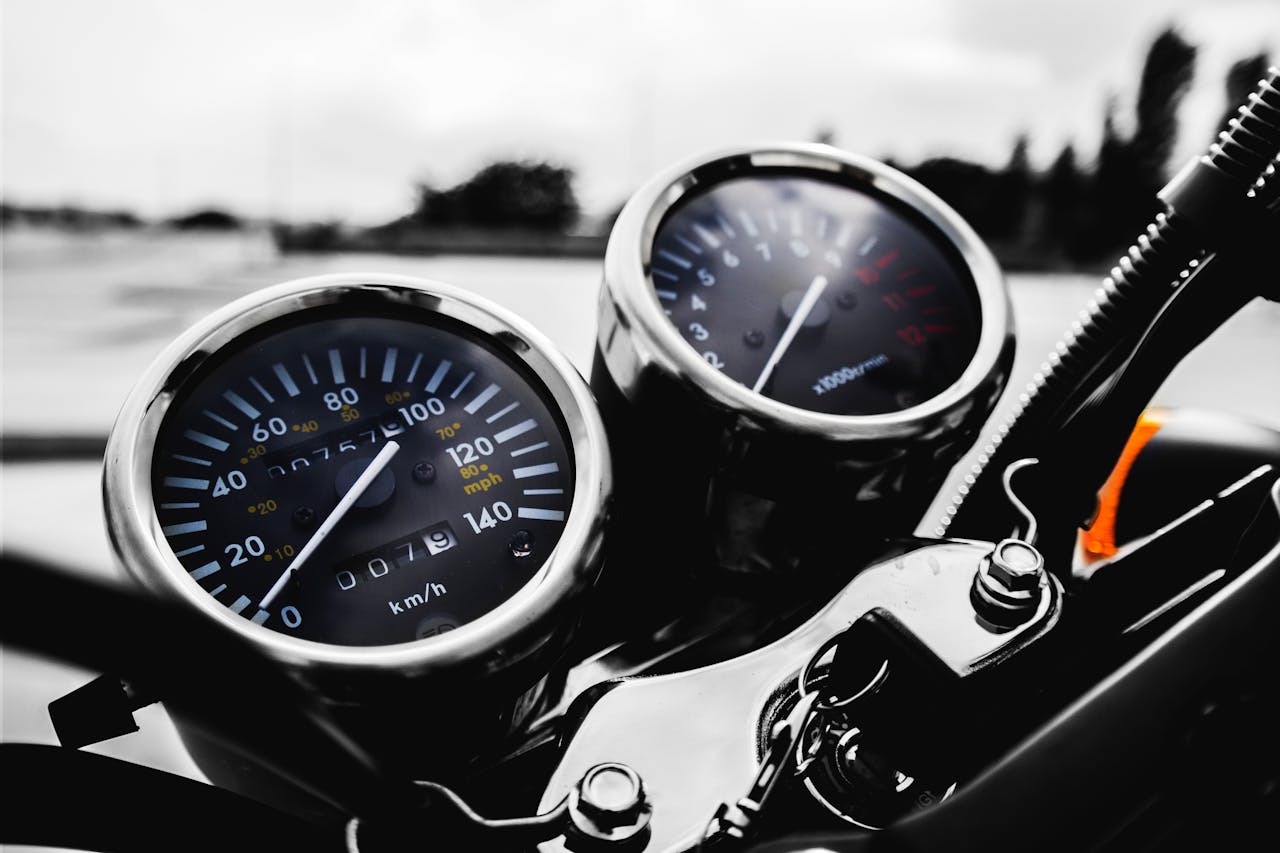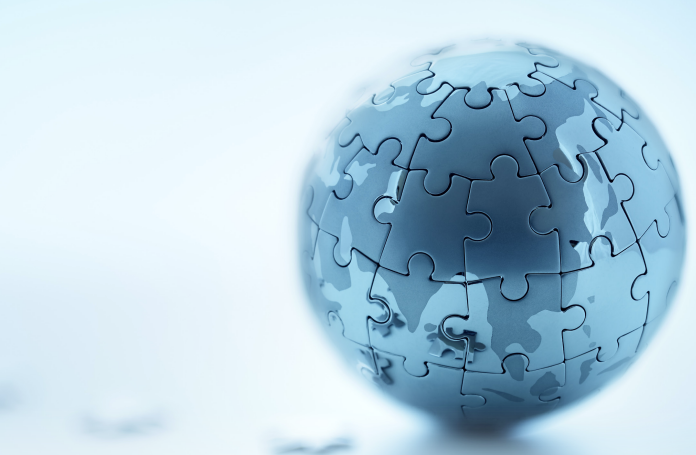

The halal industry in Southeast Asia stands at the crossroads of challenges and opportunities, influencing its growth trajectory within the global landscape. As countries in this region continue to play a significant role in the world's halal market, examining the hurdles and enablers that define the region's halal industry landscape is crucial.
One potential threat looming over the halal industry in Southeast Asia is the absence of standardized and unified halal certification standards. Despite the establishment of organizations like the Standards and Metrology Institute for Islamic Countries (SMIIC) in 2010, which aims to set common standards for Organisation of Islamic Cooperation (OIC) member states, the standards are mostly on a guidance basis. This lack of standardization creates challenges in halal business, potentially hindering cross-border halal trade and impeding the industry's overall growth.
However, positive strides are being made with initiatives like the International Halal Authority Hub (IHAB) and the International Halal Accreditation Forum (IHAF), indicating a path towards standardized parameters and sustainable growth in Southeast Asia's halal industry.
2. Economic Opportunities: The strategic positioning of key region countries presents halal opportunities in Southeast Asia. The pandemic has intensified the focus on developing a self-sustained halal supply chain within OIC member states, aiming to reduce dependence on non-OIC countries and enhance economic prosperity following the pandemic.
Malaysia, Indonesia, and Singapore are emerging as top contenders to benefit from these opportunities due to their strategic locations, existing capabilities, and knowledge of the halal industry. Collaborative partnerships, especially among SMEs, are emphasized to accelerate growth and leverage opportunities within the halal industry.
3. Social Shifts: Increasing consumer awareness of sustainability is a social enabler for the halal industry. Consumers, becoming more conscious of the ecological effects of their purchases, are demanding ethically-made products with minimal environmental impacts. This shift towards sustainable practices extends to the halal industry, where companies invest resources in creating transparent supply chains supporting the circular economy.
The consumer shift towards sustainability has also broadened the market for halal cosmetics beyond the Muslim population. Products perceived as vegan-friendly are gaining traction, aligning with the increasing demand for ethical and responsible business practices.
4. Technological Advancements: Recognizing the importance of technology, the halal industry is incorporating blockchain, IoT sensors, AI, e-commerce platforms, and certification applications to enhance efficiency and build consumer trust. Technology is crucial in developing halal traceability services to ensure a verified and transparent supply chain.
Countries such as Malaysia, Indonesia, and Brunei are at the forefront, incorporating technology into their national plans to improve transparency and efficiency in the halal supply chain. Companies like Sinisana Technologies are leveraging blockchain for halal product tracing in the private sector.
As the demand for halal products and transparency grows, technology is expected to play a vital role in improving efficiency, transparency, and reach in the halal industry in Southeast Asia.
Source: https://ycpsolidiance.com/white-paper/halal-industry-in-southeast-asia

The Latest Developments in Cryptocurrency Adoption in SEA
The cryptocurrency market in Southeast Asia (SEA) has seen exponential growth in recent years. The revenue of cryptocurrency in the region was around USD 1,384 million in 2023 and is expected to grow by USD 1 million in the next four years. Countries like Indonesia, Singapore, and the Philippines are at the forefront of this digital revolution. The region's young, tech-savvy population, coupled with increasing internet penetration, has created a fertile ground for the adoption of cryptocurrencies. Currently, the crypto market in SEA is valued at several billion dollars, with projections indicating continued growth.

An Overview of the Halal Cosmetics Market in Malaysia
The halal cosmetics market in Malaysia has been experiencing significant growth. It is driven by a combination of increasing consumer awareness, government support, and the rising demand for halal-certified products among both Muslim and non-Muslim consumers.

How Digital Marketing is Transforming the Automotive Lubricants Market in Southeast Asia
In recent years, digital marketing has emerged as a transformative force in the Southeast Asian (SEA) automotive lubricants market. The region's rapidly growing internet penetration and increasing smartphone usage have created fertile ground for innovative digital strategies. This evolution is reshaping how companies engage with customers and streamline their operations, offering numerous opportunities for growth and efficiency.

Exploring New Business Models for a Sustainable Future
Transitioning towards new sustainability business models can help companies drive positive change and contribute to a more sustainable future.